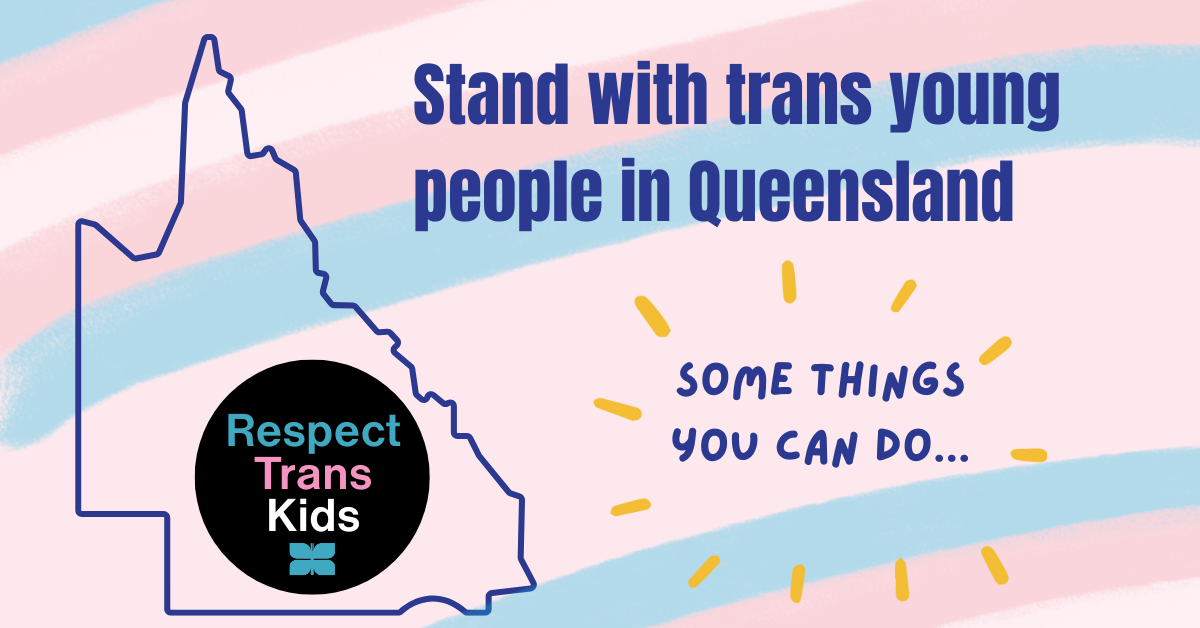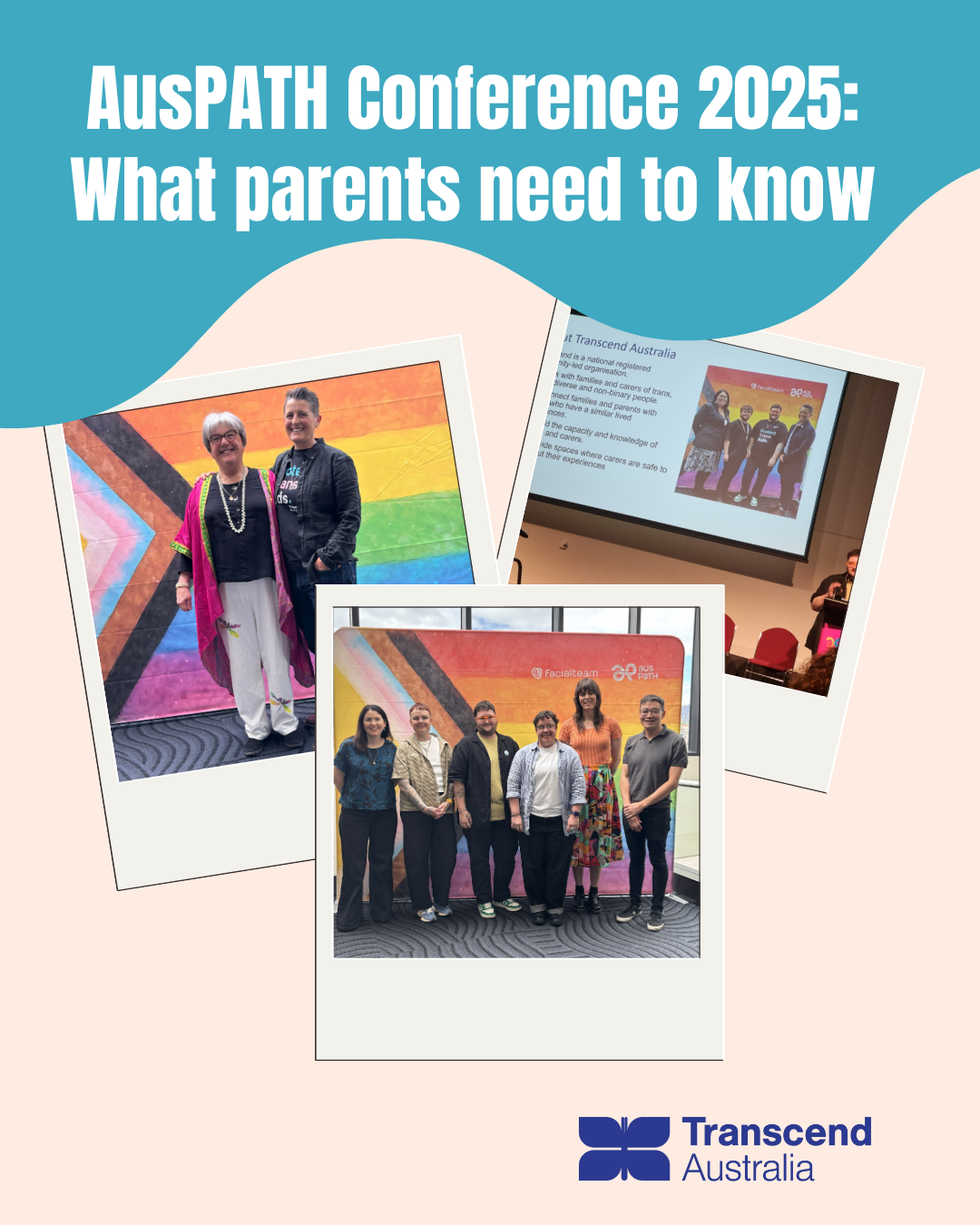Disinformation is the spread of false information with the intent to mislead, deceive and confuse. It can lead to misinformation when people believe it and continue to spread it.
In today’s digital age, disinformation easily spreads, often taking advantage of sensitive or highly political topics to instill fear and confusion. One area that has unfortunately fallen victim to disinformation is gender-affirming care. A small group of people, driven by their own personal agendas, are actively perpetuating false narratives to sow doubts and create divisions. The consequences can be severe, especially for young people seeking support. Disinformation can prevent young people from accessing the care they truly need and have a right to access.
As responsible consumers of information, it is our duty to identify and counter such disinformation. Here are some ways that may help identify truth amongst disinformation:
Identifying competent experts in the field
To avoid falling prey to disinformation, seek knowledge from reliable sources and known experts. Look for reputable organisations, medical professionals, and mental health experts with a thorough understanding of gender-affirming care and experience working directly with TGDNB people. Credible sources will rely on evidence-based and peer reviewed research, follow strict ethical practices, adopt best practice research guidelines and be widely recognised and respected in the community. Remember, true experts do not have vested interests in promoting specific agendas.
Recognising Bias and Agendas
It is crucial to recognise any implicit or explicit bias when consuming information about gender-affirming care. Some sources may have hidden agendas or prejudices that skew their reporting. For example, be cautious of narratives that portray women and children as vulnerable, in need of protection from and by men; or statements portraying children and young people as not knowing themselves. Remember, children and young people know who they are, adults need to believe them.
Encourage critical thinking and the evaluation of sources to discern fact from fiction. Look out for media organisations and research bodies that have previously done balanced reporting and research that engages with well-known trans-led community organisations.
Educating Ourselves
Education is a powerful tool against disinformation. Invest time in reading reputable articles and attending workshops that provide insights into gender diversity and gender-affirming care.
If you missed our last webinar on Transcending Disinformation: Challenging Myths and Empowering Change with our CEO, Jeremy Wiggins and the Director of Trans Justice Project, Jackie Turner, sign up to our mailing list and we will let you know when the recording is available.
Personal Stories
Personal stories can be a powerful way to counter disinformation. Listening to the experiences of a wide range of individuals who have received gender-affirming care humanises the issue, dispels myths, and promotes acceptance and compassion.
If you are interested in finding out how to share your story and missed our webinar on Harnessing the Power of Storytelling: Transforming narrative to drive change with guest speaker, Nevo Zisin, sign up to our mailing list and we will let you know when the recording is available. The webinar explored the transformative potential of storytelling as a tool for driving change and discusses the knowledge and strategies necessary to leverage storytelling effectively.
Advocating for Inclusivity and Evidence-Based Policies
Advocate for Human Rights, and for any additional inclusive policies and laws that protect the rights of trans, gender diverse and non-binary individuals. Evidence-based policies grounded in research and empathy are essential to ensure equal access to healthcare and support. We are excited to be launching two new programs in this area; the National Youth Action Program and the National Parent Advocacy Program.
The National Youth Action Program aims to provide leadership training to trans, gender diverse, and non-binary young people, empowering them to amplify their voices, to participate in any conversations and debates affecting them and actively contribute to our work.
Similarly, the National Parent Advocacy Program is designed to support and train guardians, parents and carers of trans, gender diverse, and non-binary young people, equipping them with advocacy skills and campaign messaging to feel empowered and advocate for their families within local communities.
We’re genuinely excited about the potential impact of these programs, and we encourage you to express your interest if you find them aligning with your goals and aspirations.
The National Youth Action Program | National Parents Advocacy Program
Reporting Disinformation
We all play a role in stopping the spread of disinformation. If you come across false information, or information that is imbalanced, untrue and/or unethical, report it to the appropriate platforms or authorities. By taking action, you can help create a safer online environment and protect individuals from harm.
Use this handy guide from Trans Justice Project on How to make a complaint about biased anti-trans media.
In order to strive for a society that promotes and embraces equality and equity we must be vigilant against disinformation on gender-affirming care. By relying on credible sources, educating ourselves, and promoting inclusivity, we can foster a society that embraces diversity and supports the rights of all individuals, no matter who they are, how they identify or their background. Let us work together to debunk falsehoods, seek the truth, and ensure that gender-affirming care is accessible to those who need and deserve it.

